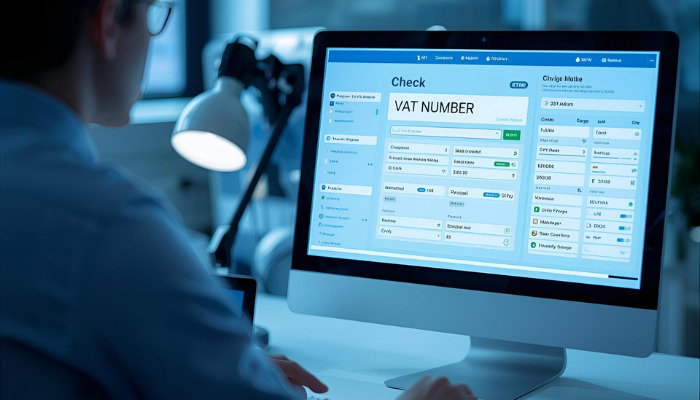
How to Pay No Taxes on Rental Income?
Renting out property may be a profitable business, but rental income taxes can eat into your earnings, making you strive for how to pay no taxes on rental income. Fortunately, with our best tax consultant Houston services, you can adopt legal measures to reduce your tax costs.
Here’s a guide to assist you in navigating the tax environment while optimizing your earnings if you’re wondering how to pay no taxes on rental income.
Understanding Tax Breaks
Taking advantage of tax deductions is one of the most efficient strategies to learn how to pay no taxes on rental income. Mortgage interest, property taxes, repairs, maintenance, insurance, and travel expenditures linked to managing your rental property can all be deducted. Keeping accurate records of these costs is critical to prove your claims during tax filing.
Reaping the Benefits of Tax Break
Depreciation is a tax break that allows you to deduct a property’s cost over its useful life. The IRS permits you to depreciate the building (not the land) for residential buildings over 27.5 years and 39 years for commercial assets. This can drastically reduce your taxable rental income, resulting in considerable tax savings.
Using a 1031 Exchange
When you sell a rental property, you can avoid paying capital gains taxes by reinvesting the earnings in another identical property through a 1031 exchange. You may avoid paying taxes indefinitely by constantly rolling over your investments through 1031 exchanges, enabling your investment to grow tax-free.
Structuring as a Real Estate Professional
If you meet the IRS’s definition of a real estate professional, you can balance your rental income with other real estate losses without restriction. This status necessitates satisfying specified criteria for time spent on real estate operations, yet it may be a significant instrument for lowering rental income taxes.
Making a Pass-Through Entity
Consider forming a pass-through business for your rental property, such as an LLC (Limited Liability Company). Income earned by these organizations is frequently eligible for pass-through taxes, allowing it to ‘pass through’ to the owner’s tax return. This structure can provide flexibility as well as possible tax benefits.
Seek Professional Help
It can take time to navigate the complexity of rental income tax legislation. An expert accountant or tax advisor services with real estate experience can give helpful guidance targeted to your circumstances. They can assist you in identifying deductions, navigating tax rules, and legally optimizing your tax approach.
Tax-free Rental Income Strategies
While reducing your taxable rental income is important, several solutions can allow you to earn tax-free rental income. One such method is the “Masters Rule,” which applies to short-term rentals.
The Master’s Rule permits homeowners to rent out their principal house for up to 14 days per year without being required to record the rental revenue on their tax return. This might be a fantastic opportunity for property owners who reside in prominent vacation spots or locations with seasonal events that draw tourists.
To qualify for the Masters Rule, you must adhere to the following guidelines:
- The rental duration must be 14 days or less in a particular tax year.
- You must occupy the property as your principal residence for at least part of the year.
- You must keep precise records of your rental days and income.
By carefully following these guidelines, you may generate tax-free rental income while reaping the benefits of owning your principal house.
The Bottom Line
While the aim is to reveal how to pay no taxes on rental income, it is critical to do so within the parameters of the law. Engaging in illicit tax evasion might have serious repercussions. Instead, take advantage of genuine deductions, depreciation, and tax-advantaged measures accessible to property owners.

